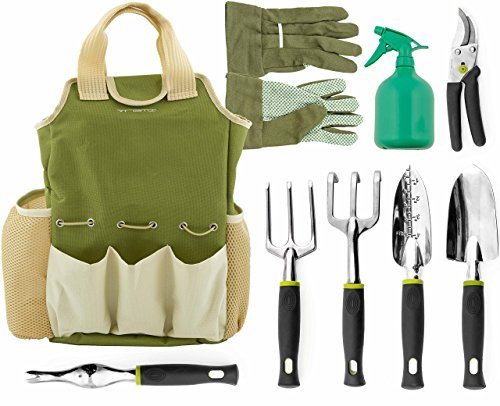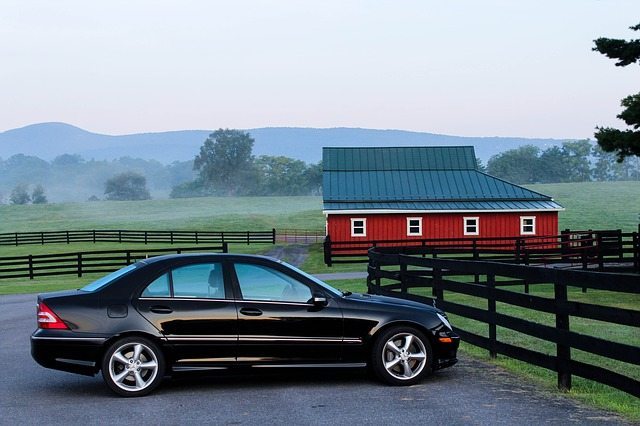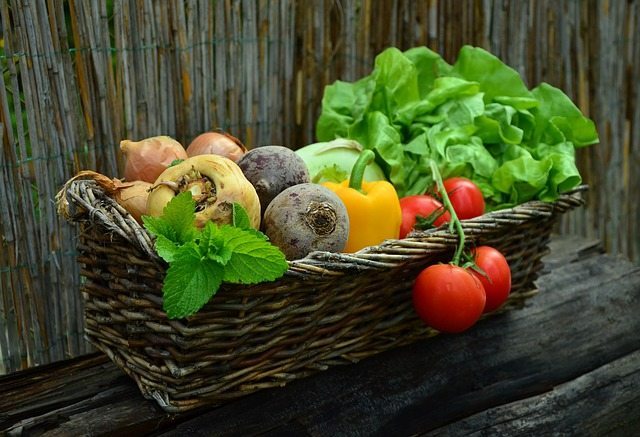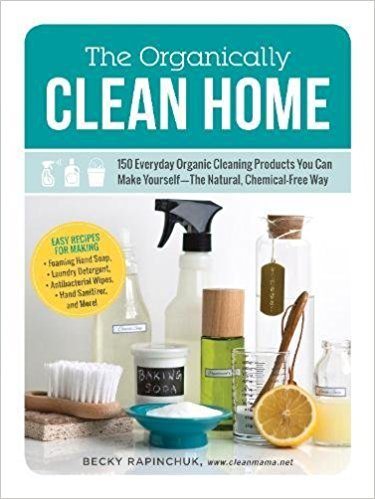So you think you’ve got what it takes for off-grid living?
 Even if your home and land are not 100% off-grid yet, there’s still many quick, easy ways you can shift your choices toward off-grid living.
Even if your home and land are not 100% off-grid yet, there’s still many quick, easy ways you can shift your choices toward off-grid living.
Just simple things like how you decide to brush your teeth can be a choice between DIY sustainability or consumerism!
Here’s a list of some great QUICK tips for off-grid living, whether you’ve already got well water and solar panels or are just getting started on your off-grid adventure.
If you’re ready for more, also check out my list of things to learn for off-grid living.
1. Regrow veggie scraps in your windowsill. Sure, you’re still buying food from the grocery store, but at least you’re getting more of your money’s worth! It’s easy. Here’s how.
2. Grow a few garden plants in patio pots, just to whet your appetite for homegrown food! Radishes, lettuce, cucumbers, tomatoes, swiss chard, and sugar snap peas are all great, easy options. Even if you fail the first time, you’re learning. Here’s How.
 Get a Vremi 9 Piece Garden Tools Set from Amazon!
Get a Vremi 9 Piece Garden Tools Set from Amazon!
3. Turn off your Wi-Fi at night. There’s no need to bathe in electrical frequencies every hour of the day. You can reduce mindless use of technology, and you may sleep better, too.
4. Be aware of your electricity consumption. When you go off-grid, you’ll need to pay close attention to how much your appliances use up. It’s not a bad idea to switch to manual appliances when you can. For example, have you tried a French press for your coffee instead of a percolator (or Keurig!)?
5. Make friends with local farmers. Meet them at the farmer’s markets, or on social media. Take an interest in how they grow their tomatoes or what kind of animals they raise. Social connections in the off-grid world can be beneficial in many ways.

6. Barter and trade more, instead of buying everything new. Quit looking for all your needs at the big-box store. Need some seed starter pots? Re-purpose old grocery containers, or ask around at local nurseries. Need materials for a backyard project? Try Craigslist for scrap wood, bricks, or stone.
7. Consider secondhand clothing and housewares. You can reduce your carbon footprint and help out those in your local community at the same time by buying from yard sales, want-ads, thrift and pawn shops. I have much better success buying mid- to high-quality things secondhand, instead of getting more affordable (read: cheap) things brand new.
8. Make your own home cleaning products. This can be stupid-easy to do. Vinegar and/or baking soda can clean almost anything. If you really need recipes, this book can help.
Learn how to make your cleaning products on Amazon!
9. Make your own personal care products. You can get away from chemicals and from commercial dependency too, by making your own deodorant, toothpaste, facial cleansers and more. You can try the oil-cleansing method to wash your face, and you can use a mix of baking soda and coconut oil for toothpaste, deodorant, and much more.
10. Learn to re-purpose and reuse the stuff you’ve already got. Empty containers can be refilled and turned into all sorts of things. You can use bread ties for electrical wire clips, rinsed-out eggshells for sprouting seeds, and empty sauce jars for storing dried beans and rice. Water or milk jugs can be turned into watering cans with a few pokes and/or snips. The ideas are endless.
11. Drop processed foods. Easier said than done, I know–but the benefits are so far-reaching. The less processed foods you eat, the more energy you’ll have, and the more yummy things like kale and greens will taste, too. You’ll retrain your taste buds and start enjoying better health as well.






